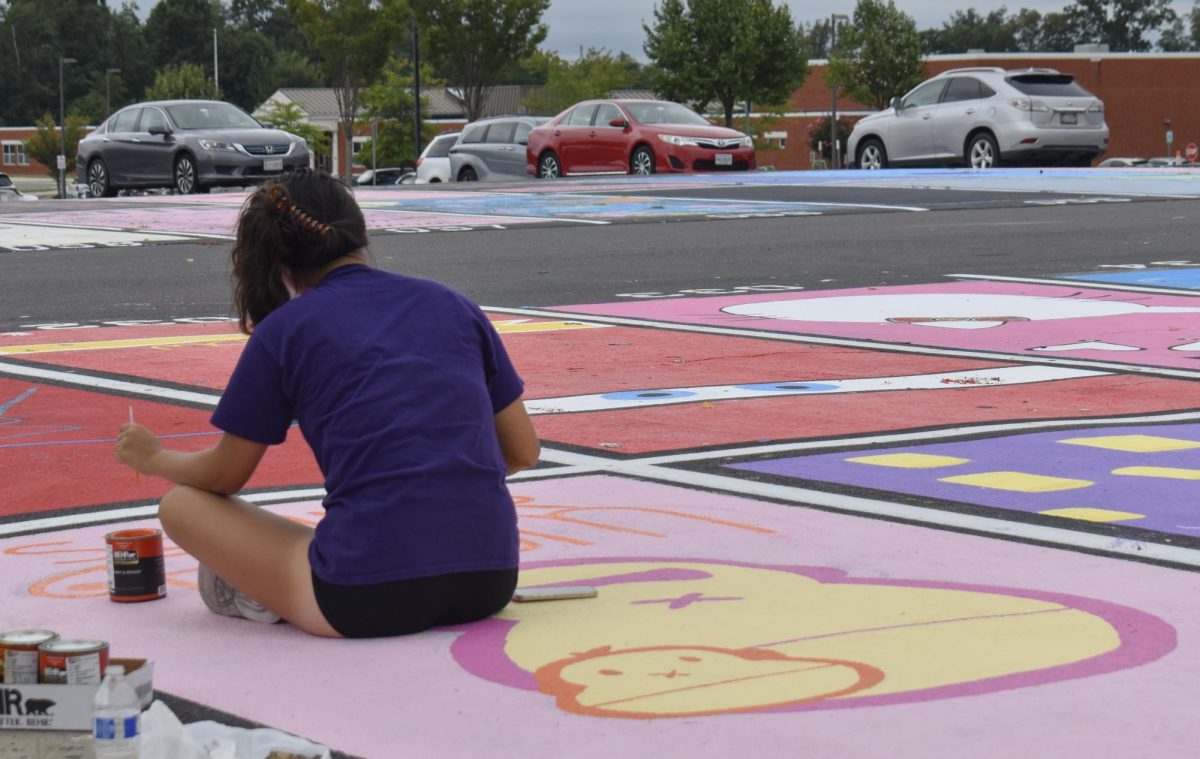How many absences is too many?
The tipping point for most American public schools is around 10% or 15-20 days of school. Specifically for Rock Ridge, an extended absence is classified as missing 15 or more days of school in a row. Though it is not very common to take such long trips, a small percentage of students do leave school for a few weeks.
Some of these trips are taken as a vacation, and some have more solemn reasons, like family emergencies. Though these trips do have some negative impacts, especially on grades, sometimes, an unwarranted break can do wonders for a student.
Junior Adya Jha recently went on a trip to India for her grandma’s health and thinks the pros outweigh the cons. “I got a break from school, but I think my grades would’ve been a little better, and I wouldn’t have missed so many assignments [if I had not gone], but I’m glad I went,” Jha said.
Taking an extended trip during the school year is not without its pros and cons. Missing less than a week of school in itself can affect the pace at which one would have to do their homework. This significantly amplifies if someone misses two or more weeks of school. Students have to deal with making up several tests and homework assignments through all their classes and might also have to re-enroll if they miss more than 15 days. Even with this large process of having a student’s teachers sign their approval of an extended trip and the paperwork that might be added if a student must be re-enrolled, extended trips still have pros.
Planning and managing school life while balancing traveling, especially abroad, can teach some invaluable lessons. It’s no easy feat to plan out a trip to keep track with school work while also keeping track of whatever such a trip calls for. But as a teenager, traveling, for any reason, has many benefits. The responsibility of traveling and managing your own life in that aspect can help build confidence and even sharpen skills that will help in getting back on track when returning back to school. Traveling can also teach students how to budget, develop problem-solving skills, and develop the ability to make an efficient itinerary. All these skills can help students after they graduate or even in the last years of high school.
Even though a break from school can affect grades for a period of time, it can also help students mentally. A study done by Yale University in 2019 states that 60-70% of high school students see academic responsibilities as the highest source of pressure. School takes up most of a student’s life, and it is hard to balance personal life without school responsibilities affecting them. A break away from school might just be the remedy for some of the problems students face. It could be the change of scenery a student needs to organize their thoughts. Though taking two weeks off of school is not ideal, a break to re-organize and balance your life can be invaluable.
Rock Ridge also sets up meetings with a student’s counselor to provide a logical way to get back on track with school. The best way to keep on track with school during a trip is to plan ahead. Get all the work done, and plan for the unexpected. Traveling during the school year has the potential to affect a student’s education positively if planned correctly and can even help in honing some life skills.
Absences from school doesn’t mean being absent from education, and there’s so much more to learn outside the classroom if you travel.


























![The Phoenix varsity volleyball team lines up for the national anthem. “We were more communicative [with each other] during this game, and I feel like we kept our energy up, especially after the first set,” senior Jessica Valdov said.](https://theblazerrhs.com/wp-content/uploads/2024/10/DSC_0202-1200x800.jpg)









![Junior Alex Alkhal pitches the ball. “[I] just let it go and keep practicing so we can focus on our goal for the next game to get better as a team,” Alkhal said.](https://theblazerrhs.com/wp-content/uploads/2025/05/DSC_0013-1-1200x929.jpg)




















